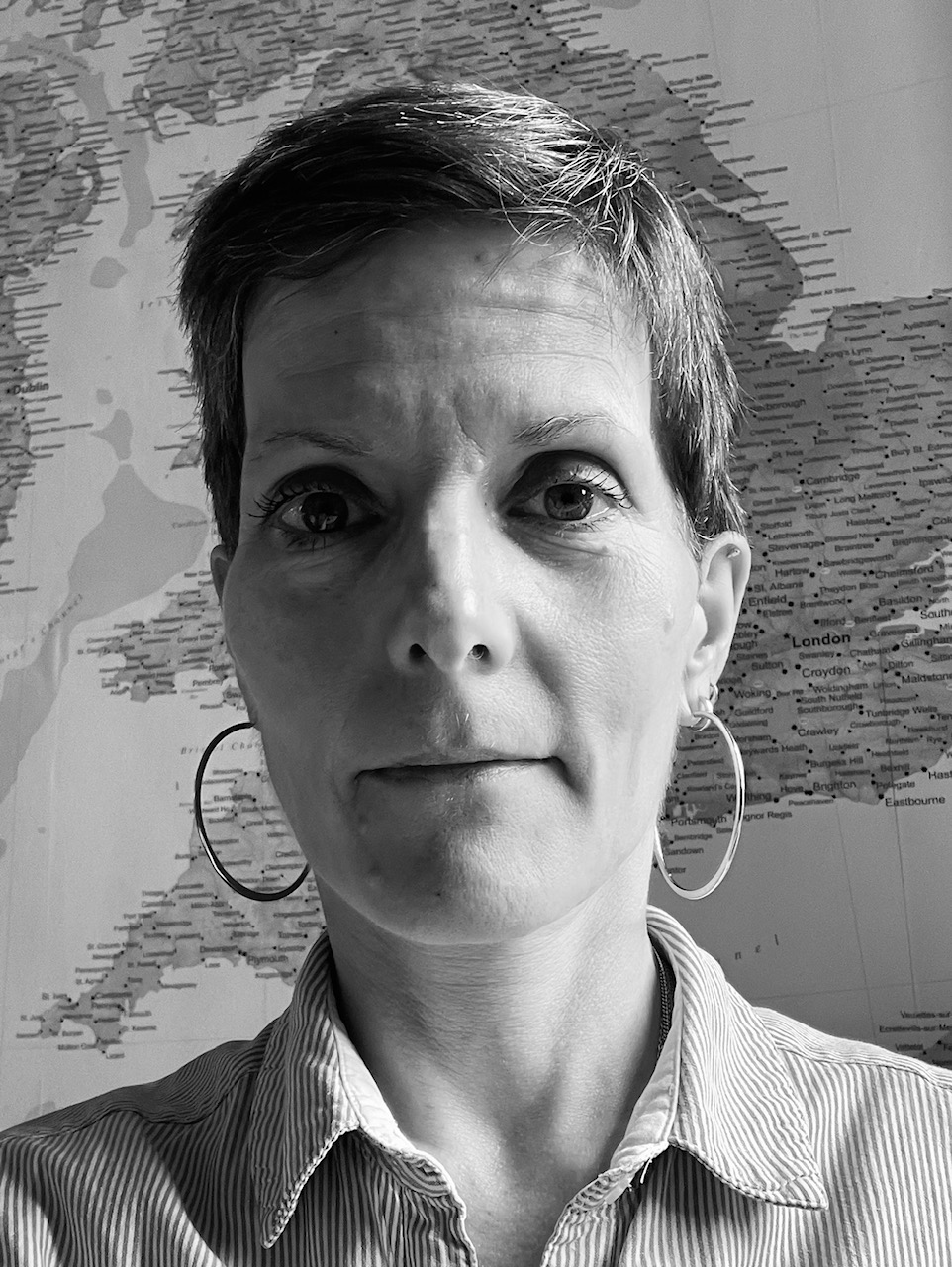No-one knows for sure how many pregnancies end in miscarriage, but we do know that it's the most common adverse outcome of any pregnancy - and that at least one in four pregnancies end this way. But despite this commonality, few of us know how to respond well to a friend or family member who has been through such an experience. As a therapist working in the field of pregnancy loss, I hear about the hurt of inadequate responses time and again: miscarriage tends to provoke a silence, or a hushed awkwardness, or comments that often miss the mark. Any of these will only make a potential anguish harder to bear.
There are many reasons why miscarriage confuses us, making it difficult to know what to say. The vast majority will happen in the first twelve weeks of a pregnancy, when the baby-to-be is medically described as an 'embryo' or, at around 8 weeks, it becomes a 'fetus' . But a grieved-for miscarriage involves so much more than an embryo no longer developing. It may well mean the death of a potential child who was yearned-for, and - in my experience - perhaps loved. It can also involve the death of a previously held innocence about pregnancy, and a breach of a previously held trust in life going 'to plan'.
- Start with 'I'm so sorry'

